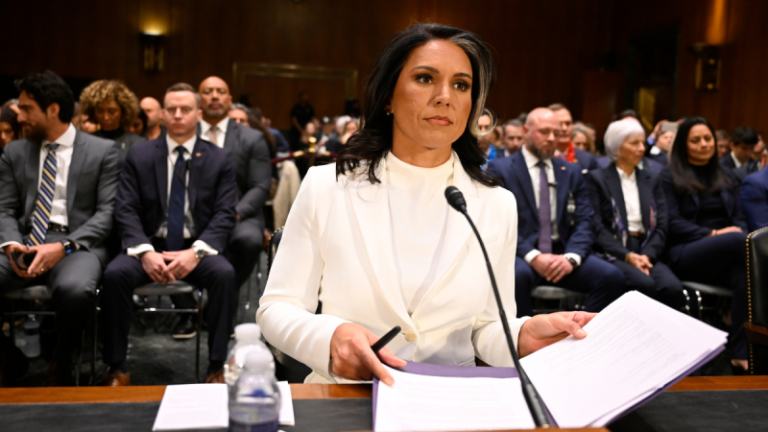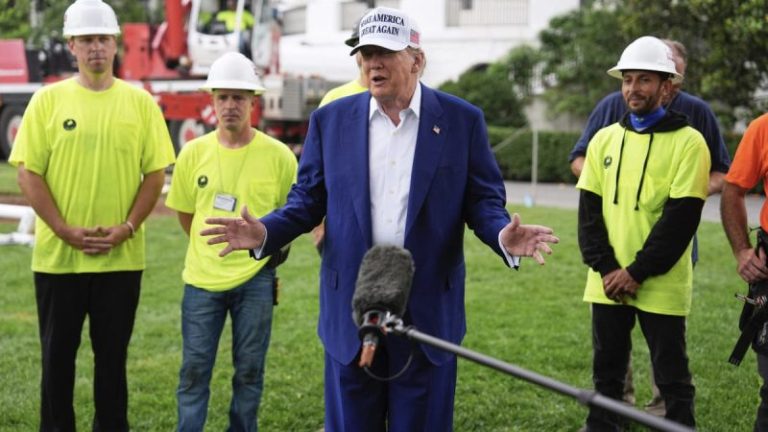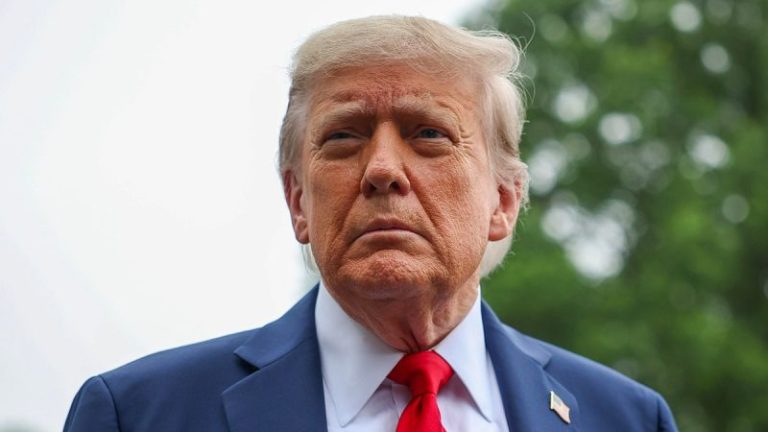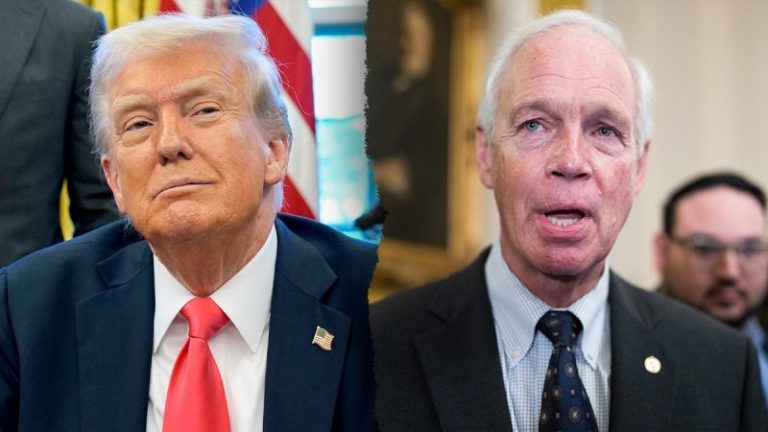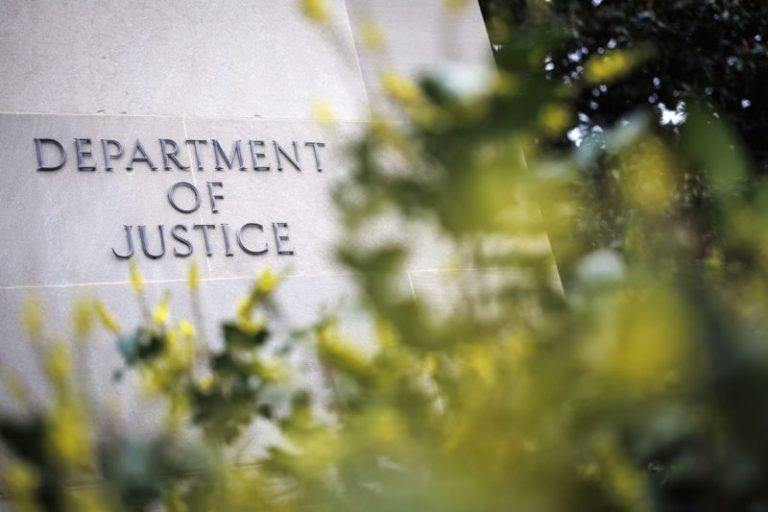Vice President JD Vance insists Director of National Intelligence Tulsi Gabbard is still an essential team member in Trump’s ‘coalition’ after President Donald Trump said he ‘didn’t care’ what she’d previously told lawmakers about Iran’s nuclear threat.
‘DNI Gabbard is a veteran, a patriot, a loyal supporter of President Trump and a critical part of the coalition he built in 2024,’ Vance said in a statement Wednesday to Fox News Digital.
‘She is an essential member of our team, and we’re grateful for her tireless work to keep America safe from foreign threats.’
Vance and Gabbard have both historically been outspoken leaders of the non-interventionist camp making up the Trump administration. Both historically have backeda foreign policy doctrine that supports minimal interference with other nations’ affairs.
By comparison, other, more hawkish members of Trump’s Cabinet, like Secretary of State Marco Rubio, have historically backed military intervention in foreign conflicts.
Vance has publicly supported Trump as the administration contemplates next steps to address Iran, though. Vance said Tuesday that while those worried about foreign intervention are right to be concerned, Trump has ‘earned some trust on this issue.’
‘And having seen this up close and personal, I can assure you that he is only interested in using the American military to accomplish the American people’s goals,’ Vance said in a Truth Social post Tuesday. ‘Whatever he does, that is his focus.’
Vance’s statement of support for Gabbard comes after Trump appeared to discount Gabbard’s March Senate Intelligence Committee statements, when she said she believed Iran was not actively building a nuclear weapon.
Gabbard told lawmakers in March the intelligence community assessed that Iran was ‘not building a nuclear weapon, and Supreme Leader Khamenei has not authorized the nuclear weapons program that he suspended in 2003,’ she said.
She did add that ‘Iran’s enriched uranium stockpile is at its highest levels and is unprecedented for a state without nuclear weapons.’
‘Iran will likely continue efforts to counter Israel and press for U.S. military withdrawal from the region by aiding, arming and helping to reconstitute its loose consortium of like-minded terrorist actors, which it refers to as its axis of resistance,’ she said during the March hearing.
Additionally, Gabbard released a video June 10 in which she stated the world was ‘on the brink of nuclear annihilation.’ Politico reportedthat Trump told associates at the White House that Gabbard was out of line and believed the video was an attempt to prevent him from endorsing Israel attacking Iran.
Alexa Henning, Gabbard’s deputy chief of staff, said in a post on X Tuesday that Politico’s story was ‘total clickbait.’
Trump told reporters aboard Air Force One Monday he believed Iran was ‘very close’ to obtaining a nuclear weapon. When asked specifically about Gabbard’s March testimony, Trump stood firm in his assessment of Iran’s nuclear capabilities.
‘I don’t care what she said,’ Trump said. ‘I think they were very close to having one.’
Still, an official with the Office of the Director of National Intelligence said in a statement to Fox News Digital Wednesday that Gabbard and the president are aligned on Iran.
‘Just because Iran is not building a nuclear weapon right now doesn’t mean they aren’t ‘very close’ as President Trump said on Air Force One,’ the official said. ‘POTUS and DNI Gabbard’s statements are congruent.’
Gabbard wasn’t invited to Camp David in Maryland to convene with other military officials and Cabinet members in June. However, she was in the White House’s Situation Room Tuesday as Trump kept an eye on updates in the Middle East.
A White House official told Fox News Digital Tuesday that Trump and Gabbard’s views and statements on the matter are consistent with one another, noting that Gabbard said in March that she believed Iran had the capability to build a nuclear weapon.
Trump told reporters Wednesday at the White House he hadn’t decided yet whether he would engage the U.S. in strikes targeting Iran but said that the coming days or the ‘next week is going to be very big.’
‘Yes, I may do it. I may not do it. I mean, nobody knows what I’m going to do. I can tell you this, that Iran’s got a lot of trouble, and they want to negotiate,’ Trump told reporters Wednesday. ‘And I said, ‘Why didn’t you negotiate with me before all this death and destruction? Why didn’t you go?’ I said to people, ‘Why didn’t you negotiate with me two weeks ago? You could have done fine. You would have had a country.’ It’s very sad to watch this.’
Fox News’ Emma Colton contributed to this report.

